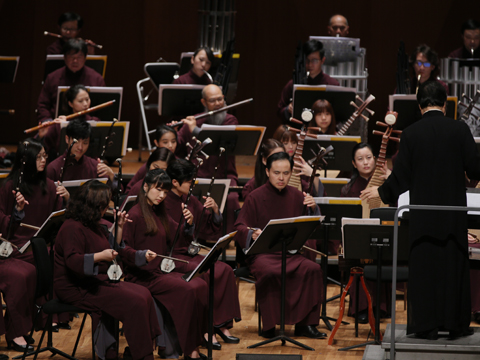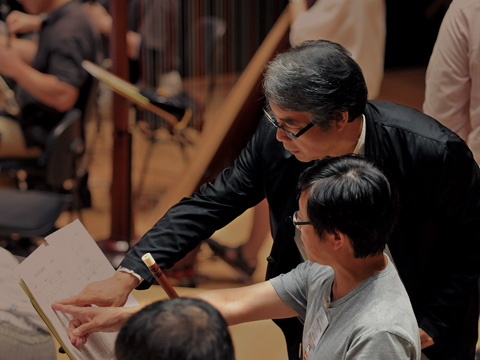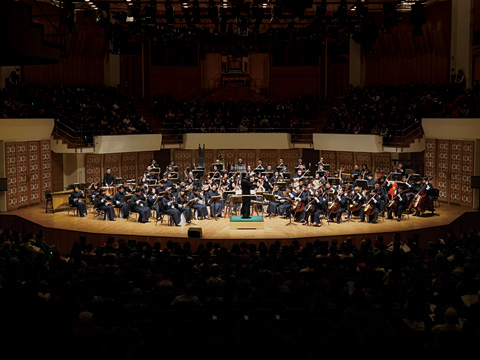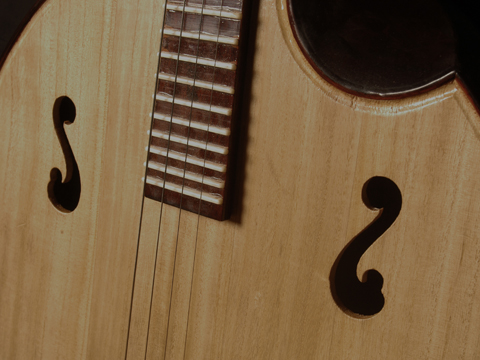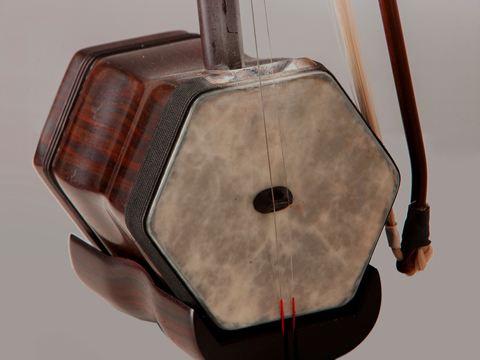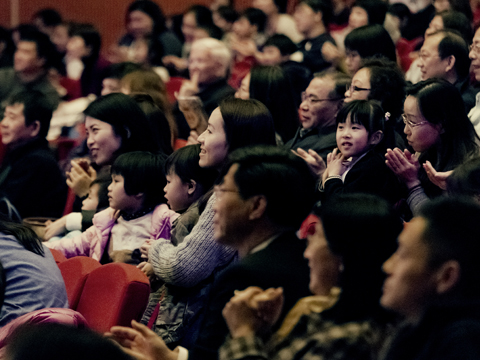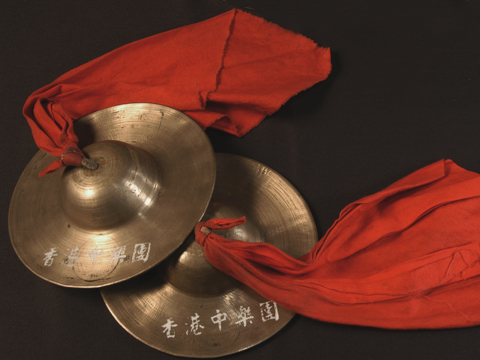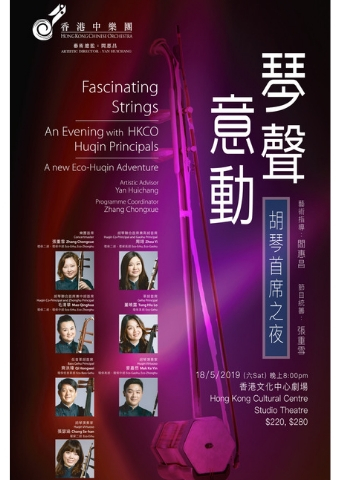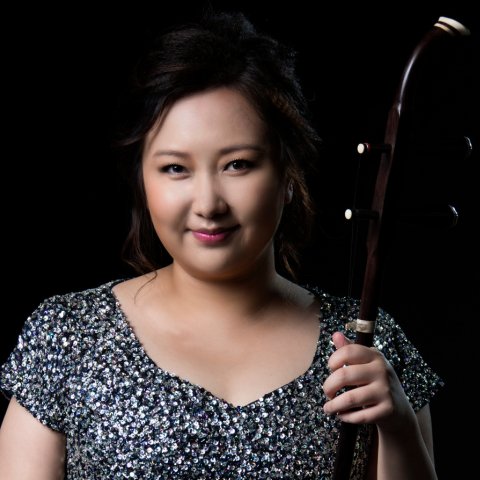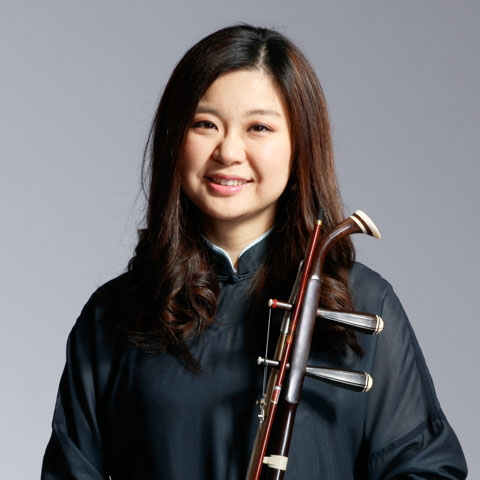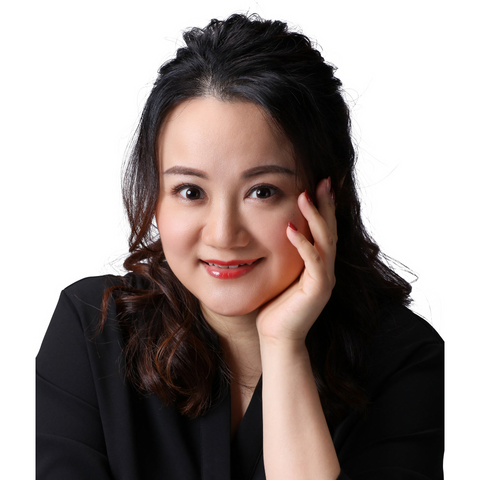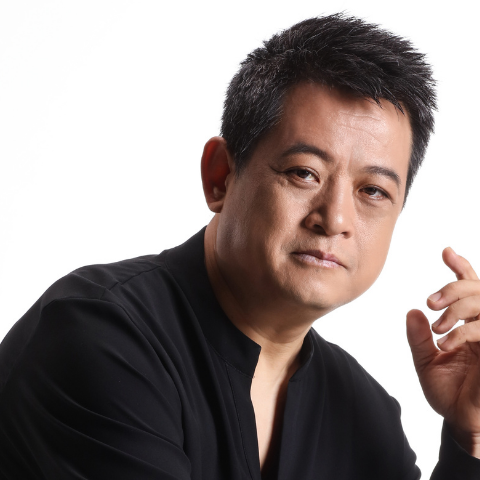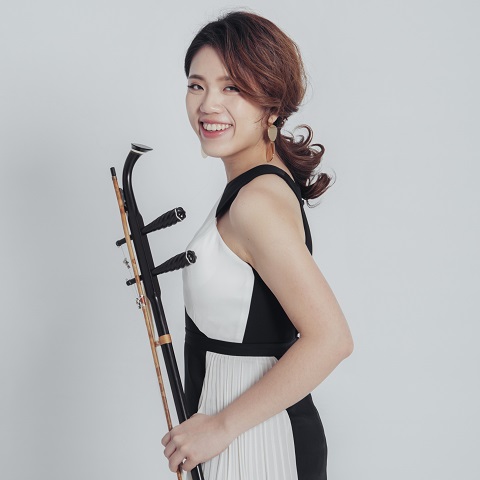The Mysterious Charm of Chamber Ensemble Music
Chow Fan-fu
In this concert entitled ‘Fascinating Strings - An Evening with HKCO Huqin Principals’, a total of seven pieces will be performed in different ensemble formats by huqin players. From quartets to septets, they will deliver voices that are very different from the symphonic sounds of full-sized orchestras of seventy or eighty pieces.
An intelligent dialogue exuding rapport
It has long been pointed out that chamber ensemble training is the cornerstone of symphonic music practice, which is why full-sized Chinese orchestras should raise their levels of performance by rehearsing chamber music. As a musical form, however, it exists not for the purpose of underpinning orchestral performances. By itself, it has artistic styles and requirements that are very different from that of symphonized music. One could even say that it possesses an alluring, mysterious charm.
Traditional ethnic music in different parts of China has its individual characteristics, and in that, Chinese instrumental ensemble music is quite similar to that of the chamber ensemble of the West. From Cantonese music (which is the most familiar genre for the Hong Kong people) to Chiuchow sixian music, Jiangnan sizhu, Sunan shifangu, Hebei chuige and Shandong wind and percussion ensembles, the majority of the recital performed by these ensembles is programme music with distinct subjects. In contrast, not only is Western chamber music mostly pure music with no programme content, the artistic approach is also different.
But be it Western chamber or traditional Chinese instrumental ensemble from different regions, the biggest difference between the skills required for performing symphonic music and performing as an individual is that the latter calls for something more delicate and refined, and is more about the feelings within than the effect as heard and seen. To this end, having a good rapport is the basis for the performance and artistic expression of these musical forms. Also, since these ensembles involve a small number of players only, no player can fumble through with inept playing or mistakes masked by the bigger sound. Such group performances requiring a high degree of rapport have been referred to as “an intelligent dialogue between musicians” – a process that tends to exude an allure and mysterious charm.
The eco-huqin – a total transformation of timbre
In the past, people have used the harmoniousness of Western chamber music as a standard to criticize the ‘coarseness’ of Chinese folk instruments, dismissing the latter as discordant and unpleasant to the ear. The criticism is highly justified of course. The timbre determines whether a piece is pleasant to the ear, and the quality of the instrument itself is one of the determining factors, the others being musical accomplishments and musicianship of the players.
The instruments used for this concert feature the HKCO Eco-Huqin series, which was developed and constantly improved over the years by the Orchestra. Not only the tonal quality but also the tension and explosiveness of the instruments in the series have seen significant improvements, allowing for delicate, elegant expressions that are expected of small ensembles. As a result, there is a revolutionary change in the Chinese ensemble sounds.
The instrumentation for small ensembles is much simpler than that for the symphonic orchestra. Yet many composers like to express their inner worlds and buried feelings through ensemble music, as its nuanced tonal changes can reflect complex inner emotions and mental states. Since these elements cannot be easily detected in the ensemble music itself, many composers treat it as a secret repository of sorts for storing their innermost emotions, which is another reason for its mysterious charm.
Although the seven pieces selected for this concert all carry programmatic titles, which should understandably be a guide to appreciating the musical content, whether the tonal variations and the intelligent dialogue between musicians who share a good rapport can offer a glimpse into the composer’s hidden depths is, after all, unimportant; what is – and what the audience should be looking forward to – are the major improvements made to the eco-huqin, and how the atypical mysterious charm of folk instruments can be unleashed through the composers' creativity.

